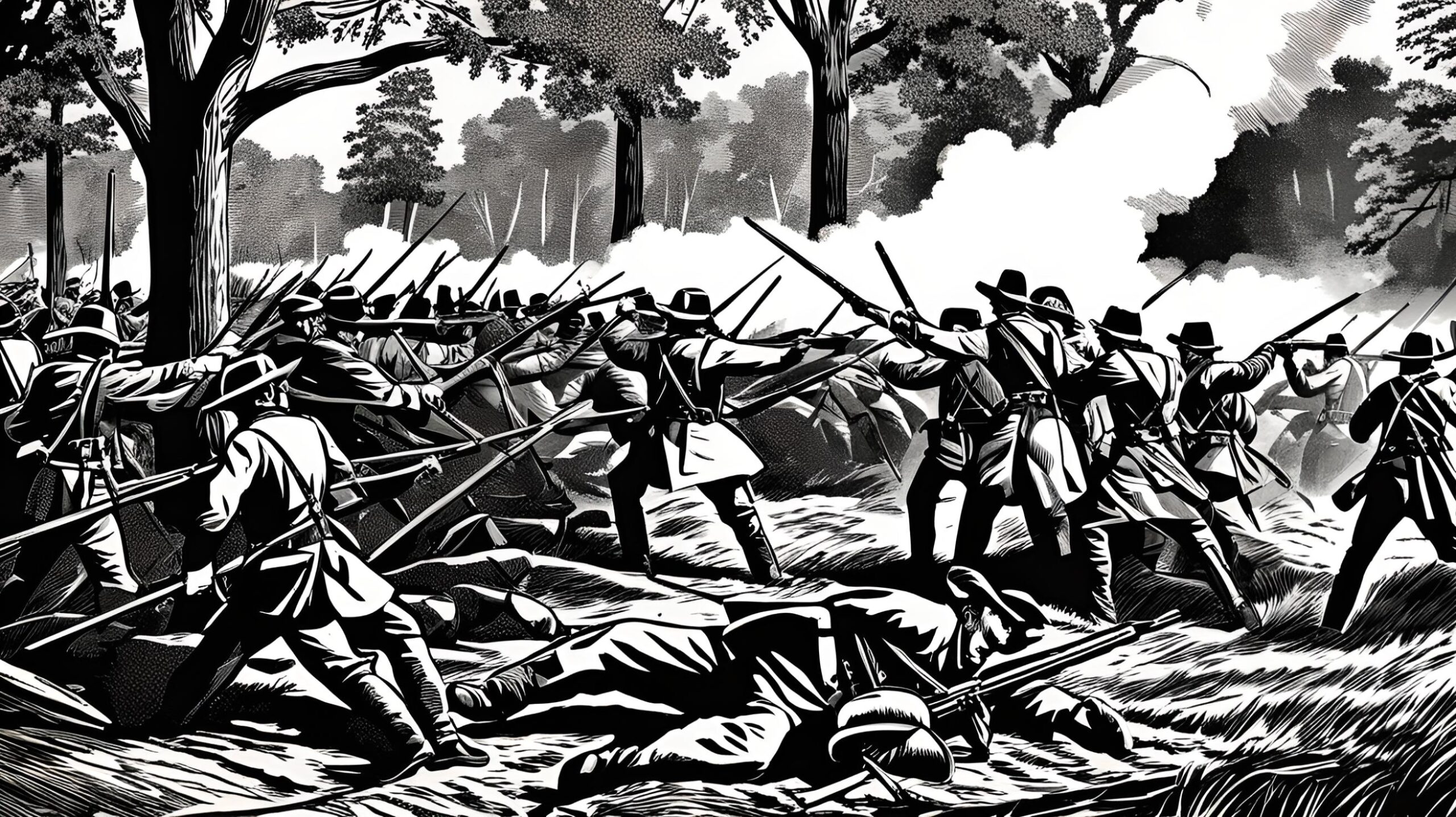Flashback to September 1
American History

On July 30, 1619, a keystone event occurred in American history: the formation of the House of Burgesses in Virginia. This milestone established the first elective governing body in the United States, paving the way for democracy in the emerging nation. The House of Burgesses played a crucial role in shaping the political landscape of Virginia and the wider American colonies. In this article, we will explore the significance of this event and its long-lasting effects on American governance.
The House of Burgesses was born out of necessity. Colonial Virginia was growing rapidly, and its population included both wealthy landowners and indentured servants. This diverse community required a system of representation to address the concerns and interests of its inhabitants. The establishment of the House of Burgesses allowed for fair representation and provided a forum for the discussion and passing of laws.
The creation of this legislative body marked a significant departure from the ruling practices of the day. Until then, England had exerted considerable control over the Virginia colony through its appointed governors. However, the House of Burgesses changed this dynamic by giving the colonists a direct say in their governance. This newfound political power allowed them to shape policies and regulations that were more aligned with their specific needs and desires.
One of the immediate outcomes of the House of Burgesses’ formation was the passage of laws promoting economic growth and ensuring fair trade. These laws encouraged settlers to engage in agriculture, fishing, and other profitable activities, leading to an economic boom in the region. By taking control of their own affairs, the colonists were able to foster an environment conducive to prosperity and growth.
However, while the House of Burgesses expanded democratic principles in the new world, it’s essential to acknowledge the restrictions that were still in place at the time. Voting rights were limited to white male landowners, excluding women, slaves, and indigenous peoples from participating in the political process. This limitation reflects the prevailing social hierarchy and demonstrates the ongoing struggle for full representation and equality that would plague the United States for centuries to come.
Nevertheless, the establishment of the House of Burgesses in 1619 proved to be a critical step towards developing the democratic ideals that would become the foundation of the United States. It set a precedent that would later inspire similar representative bodies throughout the colonies, ultimately leading to the formation of the Continental Congress and the drafting of the Declaration of Independence.
The legacy of the House of Burgesses is far-reaching. Its formation was a catalyst for the development of participatory government in America, encouraging citizens to engage in the political process. The principles and practices established in Virginia influenced the formation of future state legislatures and, ultimately, the United States Congress.
Additionally, the House of Burgesses created a forum for political discourse and debate, laying the groundwork for the free exchange of ideas and the development of a civic culture. This culture of debate and open dialogue continues to shape American politics and informs the values of democracy and public participation.
the formation of the House of Burgesses in Virginia on July 30, 1619, was a momentous occasion that marked the birth of the first elective governing body in the United States. This milestone paved the way for democracy in America and influenced the political landscape of the colonies. The House of Burgesses empowered colonists to shape their own destiny, promoting economic growth and encouraging civic engagement. Its legacy endures to this day, reminding us of the ongoing struggle for representation and the importance of participatory government in a democratic society.
We strive for accuracy. If you see something that doesn't look right, click here to contact us!
Sponsored Content

The Civil War: Severe…
Experience the intensity of…

Henry “Scoop” Jackson, American…
Renowned American Senator-Democrat for…

Leonor Sullivan, American politician…
"Remembering Leonor Sullivan: prominent…

Great Hinckley Fire: A…
"Experience the chilling history…

In the USA, the…
On September 1, 1982,…

California Constitutional Convention held…
On September 1, 1849,…

